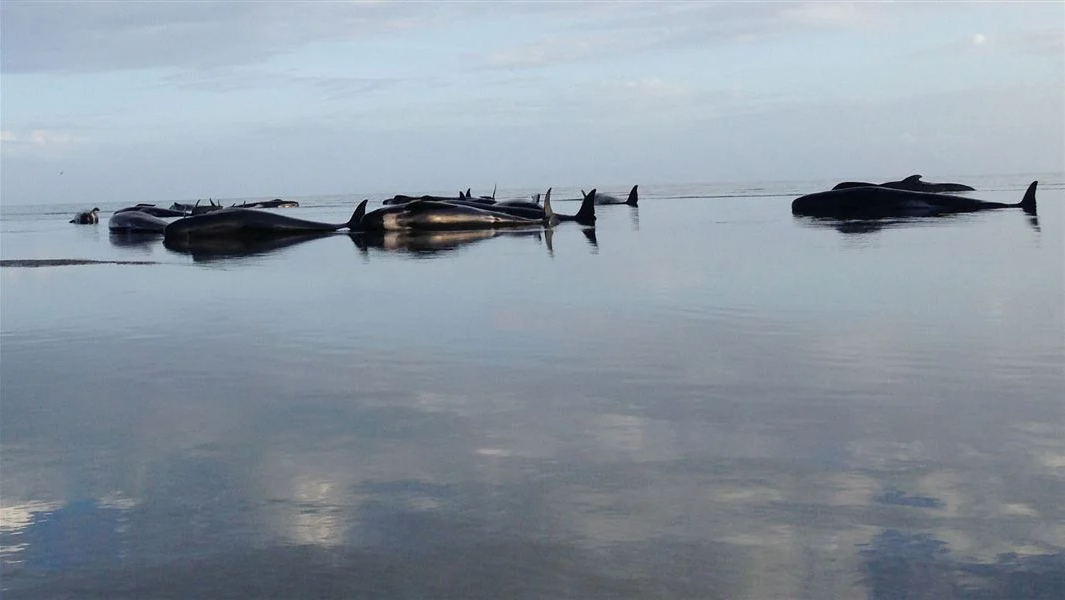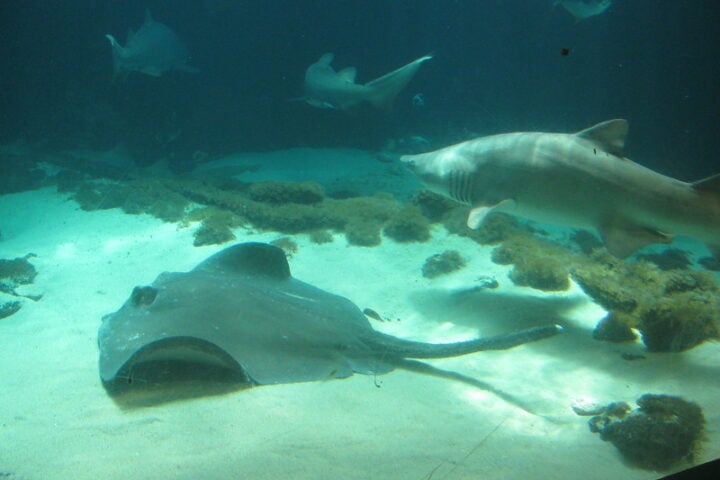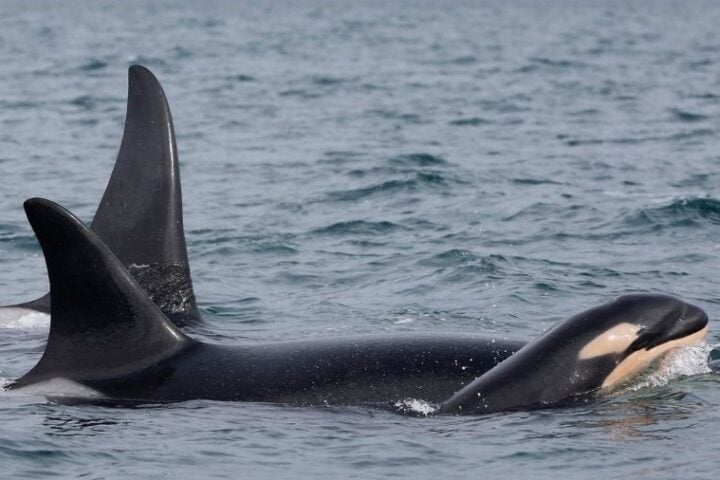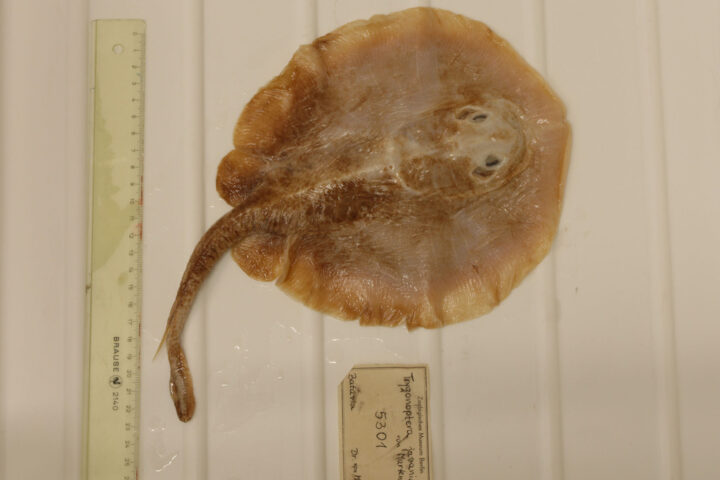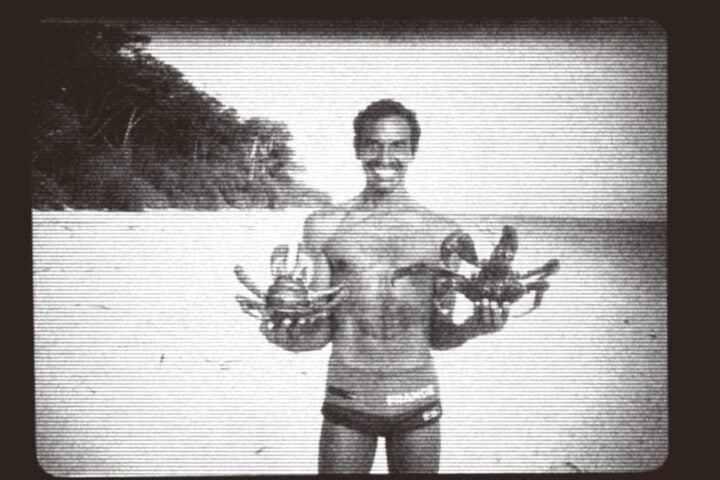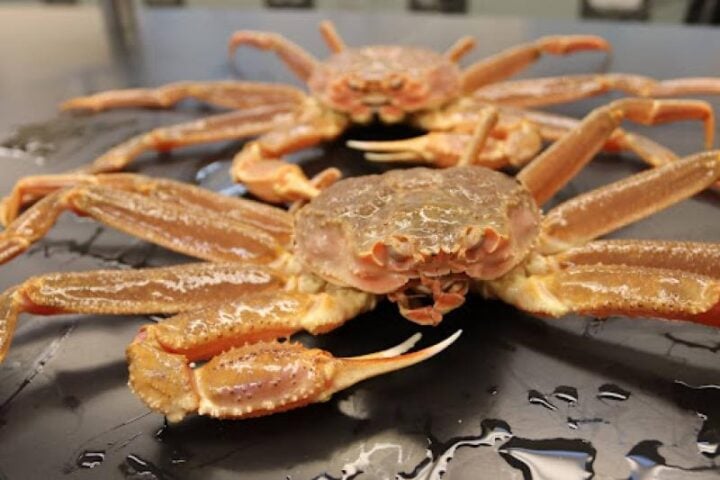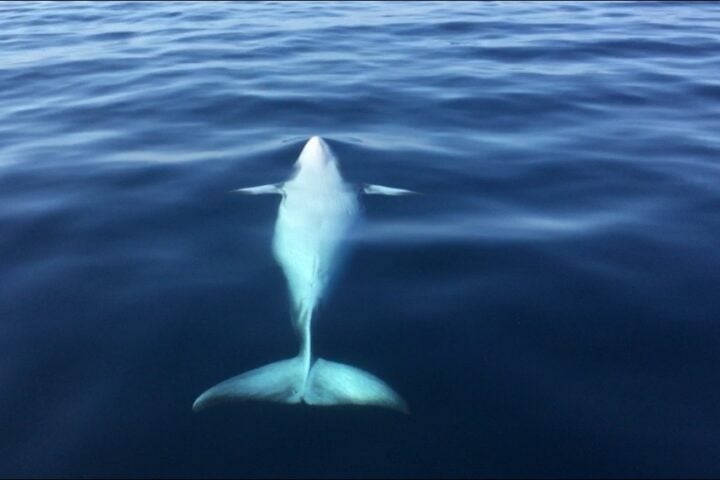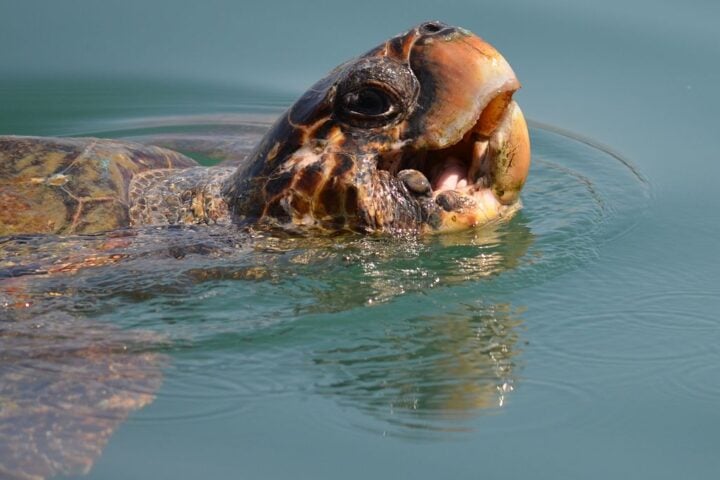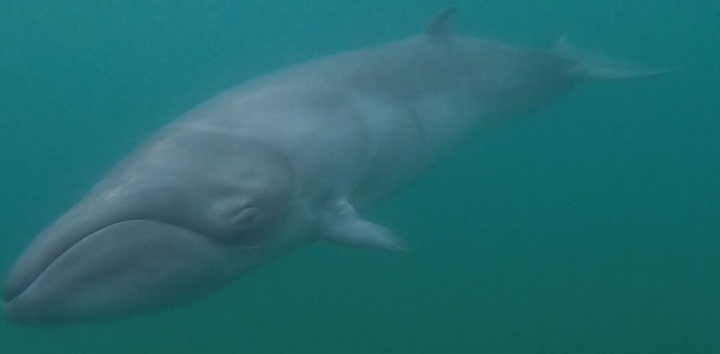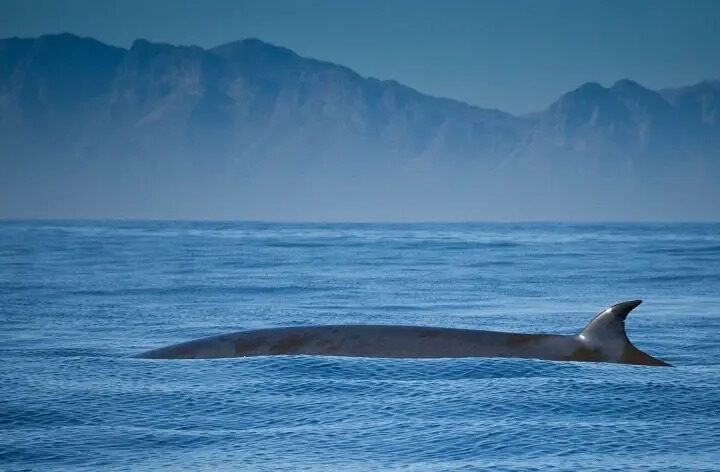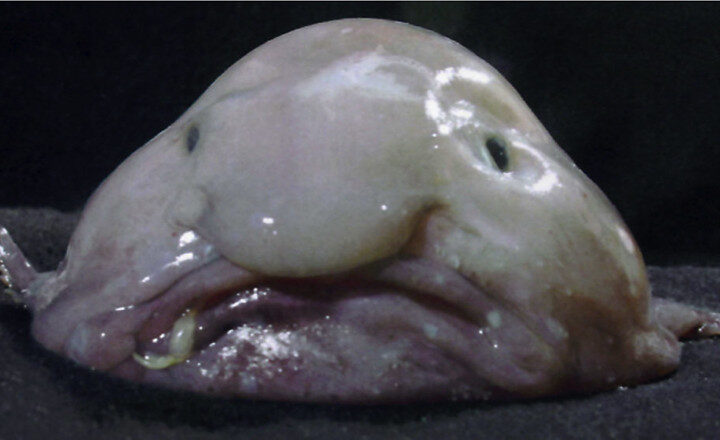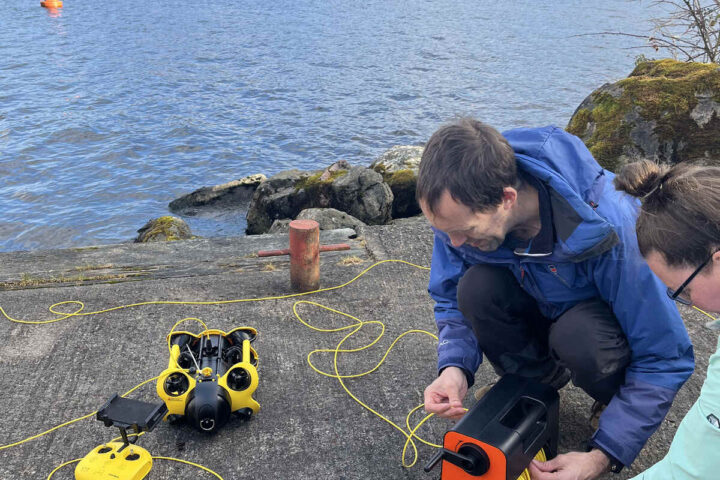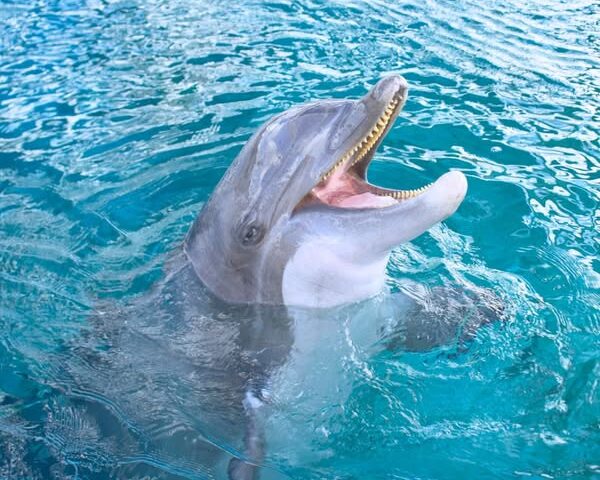A mass stranding of pilot whales at Ruakākā Beach near Whangārei, New Zealand, ended with both success and loss on November 25, 2024. Conservation workers joined local residents in moving the marine mammals back to sea. However, four whales did not survive, including three adults and a calf.
The operation required sheets to lift each whale. A local Māori group led the rescue efforts, staying through the night to watch for restrandings. Their cultural knowledge proved vital to the operation. The group performed a cultural ceremony for the deceased whales the next day, maintaining their traditional view of whales as taonga—sacred treasures.
New Zealand’s Department of Conservation (DOC) data reveals 5,000 documented whale strandings since 1840. The nation’s most severe incident occurred in 1918, when 1,000 pilot whales stranded at the Chatham Islands. DOC now handles roughly 85 stranding cases yearly, though most involve single animals.
DOC spokesperson Joel Lauterbach observed the public response: “It’s amazing to witness the genuine care and compassion people have shown toward these magnificent animals. This response demonstrates the deep connection we all share with our marine environment.”
Similar Posts:
The geographical reality of New Zealand creates natural hazards for these marine mammals. Protruding coastlines and shallow, sloping beaches disrupt the whales’ echolocation navigation systems. These environmental features, combined with other threats like chemical contaminants, disease, fishing gear entanglement, and ocean noise, make survival challenging for pilot whales in these waters.
Project Jonah, which specializes in marine mammal rescue, worked with DOC and local authorities throughout the operation. Their combined efforts prevented additional losses. DOC teams continued monitoring the area after the rescue to prevent further strandings.
The overnight vigil paid off—none of the rescued whales returned to shore. Their dedication mirrors centuries of Māori connection to these marine creatures. This cultural bond adds another layer to New Zealand’s extensive history of whale conservation efforts.
Each stranding puts pressure on both the whales and rescue teams. The DOC’s records show these events strain local resources and require swift community action. This recent stranding fits a pattern familiar to New Zealand’s conservation community. The location, timing, and rescue methods match previous successful operations. Local knowledge, cultural practices, and coordinated response teams remain crucial to saving stranded marine mammals.
